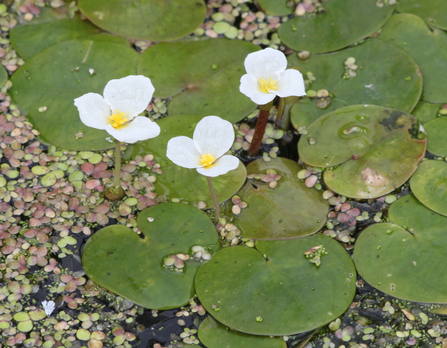The Renter’s Retreat is designed by Zoe Claymore to highlight how everybody can play an important role in helping nature to recover, especially in urban areas.
Around one in three households in England are rented and over seven million of these properties have access to outdoor space. Claymore’s garden aims to show visitors how they can help nature and climate by utilising small outdoor areas – particularly in towns and cities with 85% of England’s population living in urban areas.
The Renter’s Retreat explores how a small, shady, courtyard can be transformed into a beautiful wildlife haven, while providing a relaxing space for people to enjoy. A variety of shade to part share plants will feature including native ferns, herbs like coriander, water mint and sorrel, and fruits including wild strawberries and crab apples. Wildlife can find food throughout the seasons with a mix of specially selected flowering and fruiting plants.

